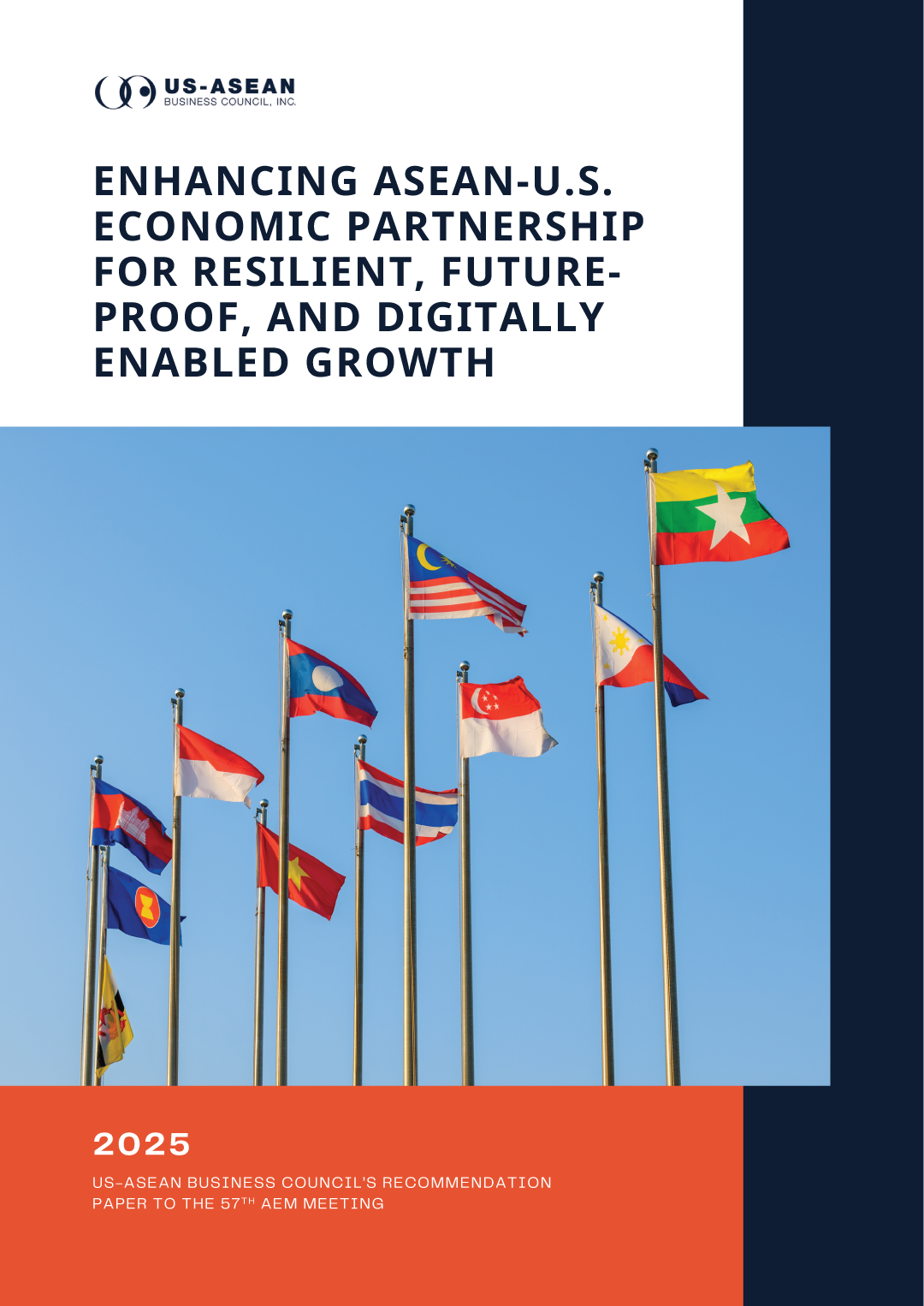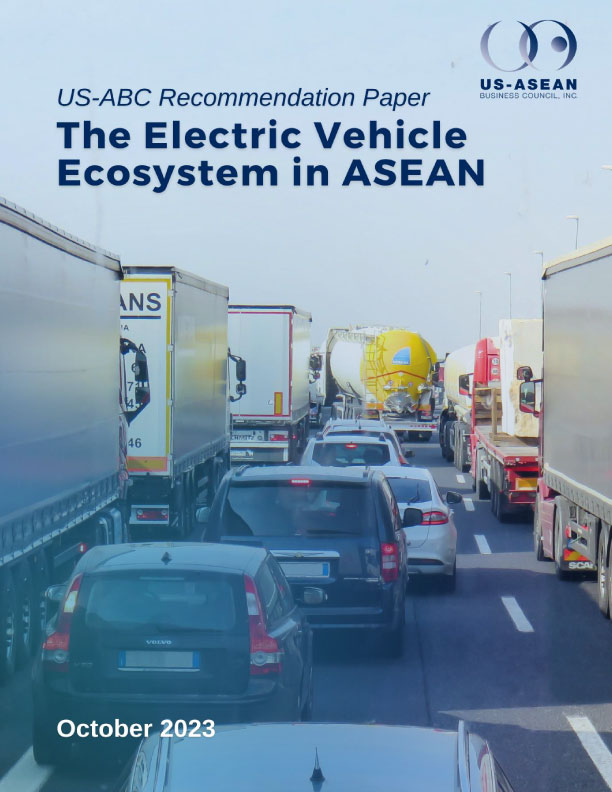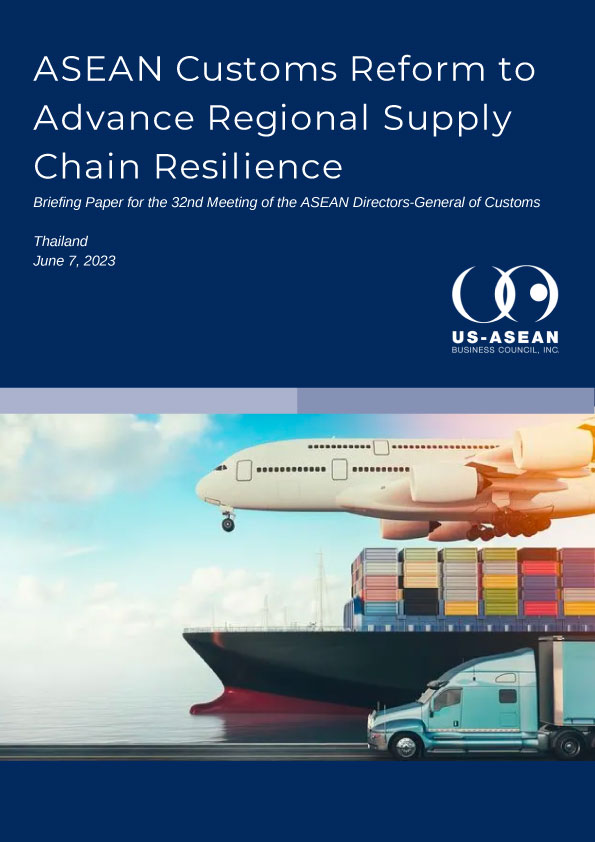Ministry of Transport to Introduce Green Initiatives

On February 3, Transport Minister S. Iswaran announced the roll out of green initiatives across various transportation sectors in Singapore. As part of developing more sustainable land transportation, the Land Transport Authority (LTA) is advocating for the adoption of electric vehicles (EVs). Specifically, the Electric Vehicle Commoner Grant, which co-funds up to 50% of the cost of smart chargers, has been extended until December 2025 to support the installation of shared charging infrastructure in non-landed private residences. The agency also plans on procuring more electric buses in March and subsequently installing more EV chargers for buses. For the aviation sector, the Civil Aviation Authority (CAA) will establish a $50 million Aviation Sustainability Program to fund and support projects that catalyze sustainability initiatives through the carbon footprint reduction, new sustainability capabilities, and collaborative aviation sustainability ecosystems. Finally, for sea transportation, the Maritime and Port Authority (MPA) will require harbor crafts to be fully electric, using biofuels or net-zero fuels like hydrogen in hopes of lessening greenhouse gas emissions from ships.
These green transportation initiatives are part of the larger Singapore Green Plan 2030, a nationwide movement that advances Singapore’s national agenda and sustainable development, underpinning its commitments to the United Nations’ 2030 Sustainable Development Agenda and the Paris Agreement. Spearheaded by five government ministries, the plan focuses on five key pillars: City in Nature, Energy Reset, Green Economy, Resilient Future, Sustainable Living, and Green Government. According to the World Economic Forum (WEF), Singapore ranked 21st globally in the 2021 Energy Transition Index (ETI), placing it ahead of other Asian countries as well as major economies like the United States and Canada. Overall, these forward-looking strategies emphasize Singapore’s resolute commitments to building a resilient, sustainable, and inclusive transport system.







